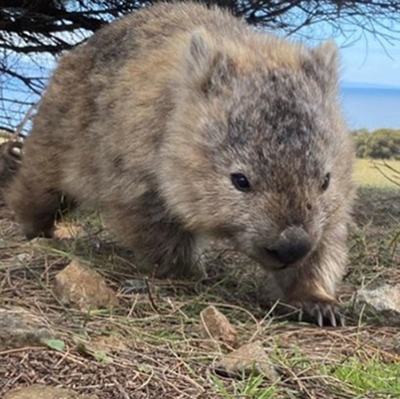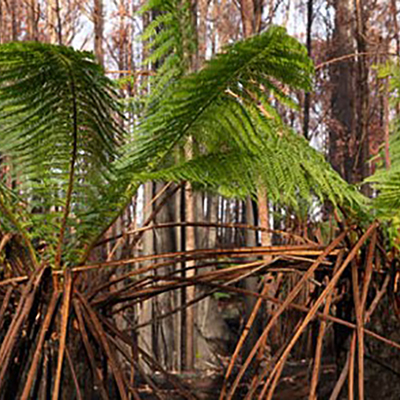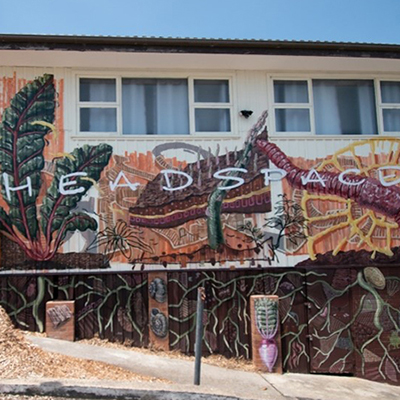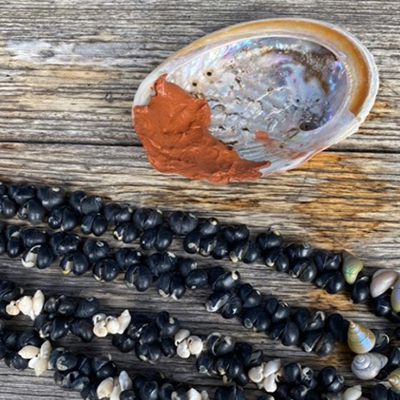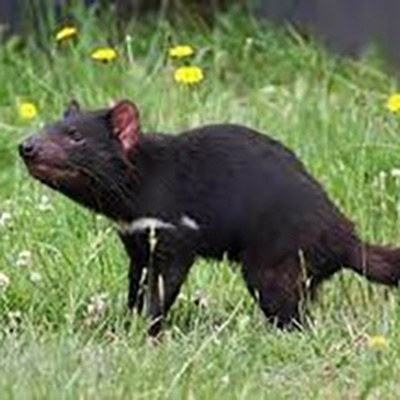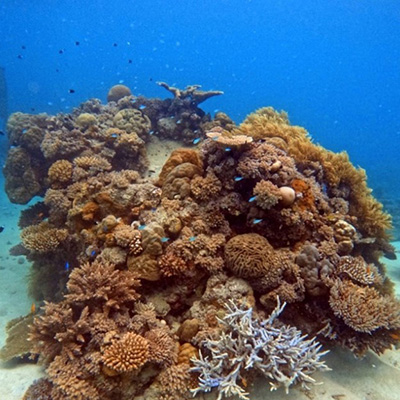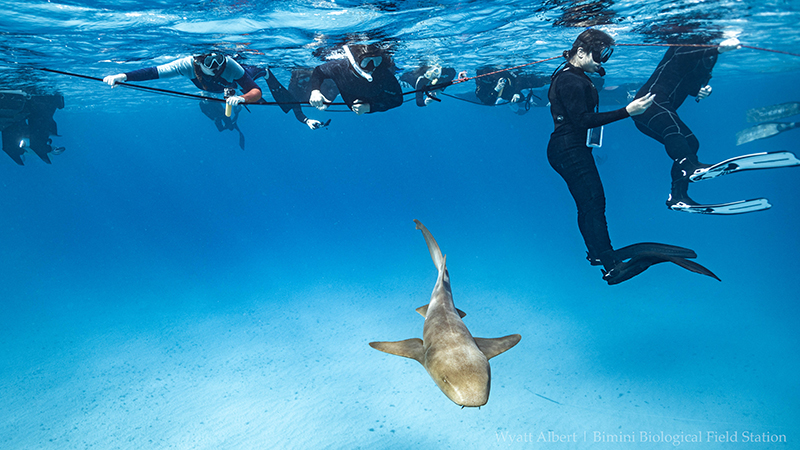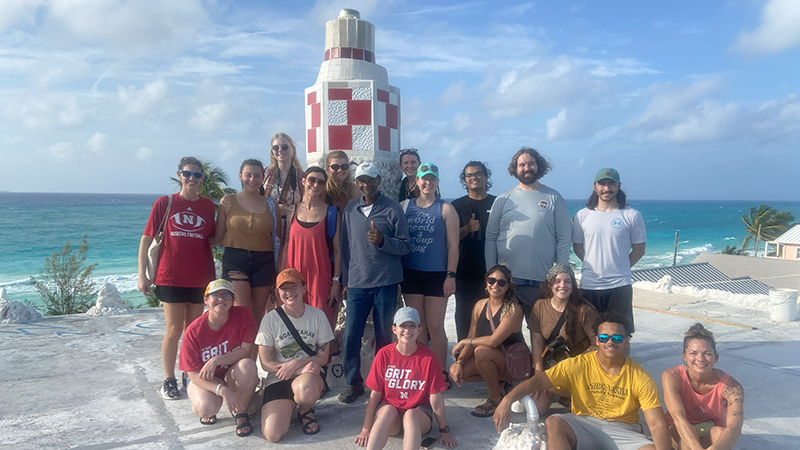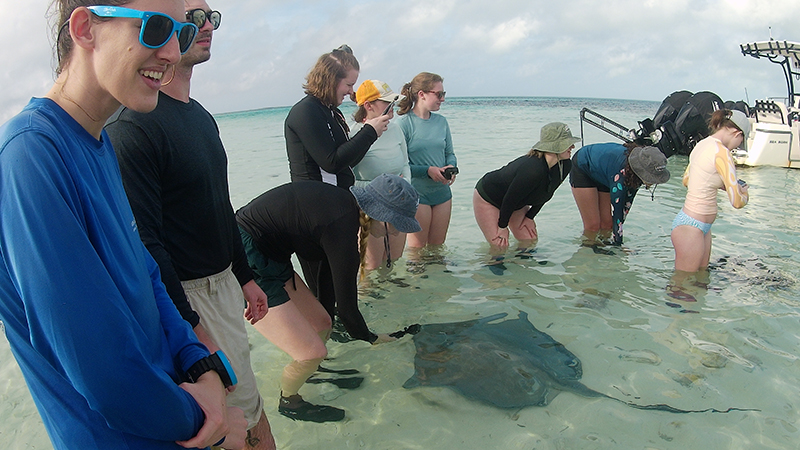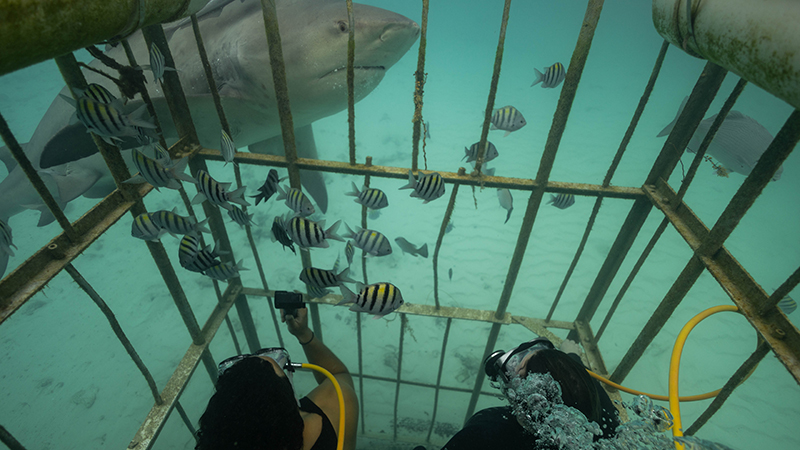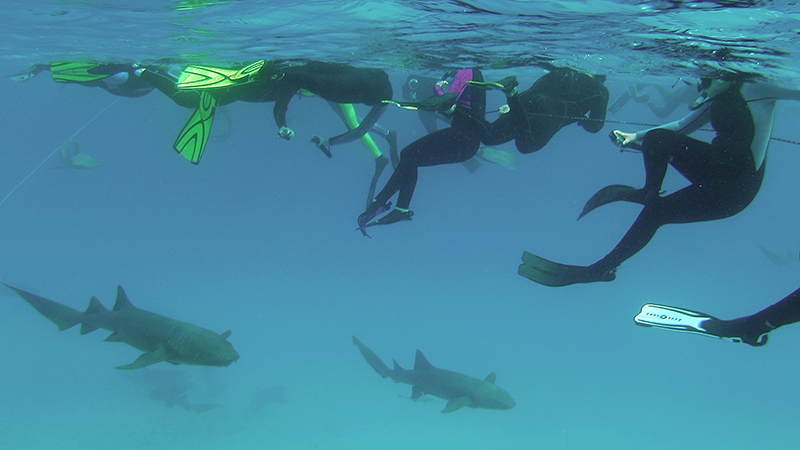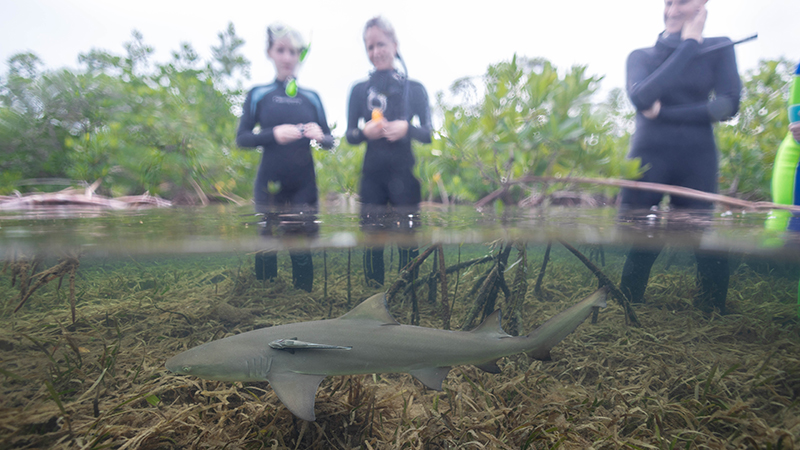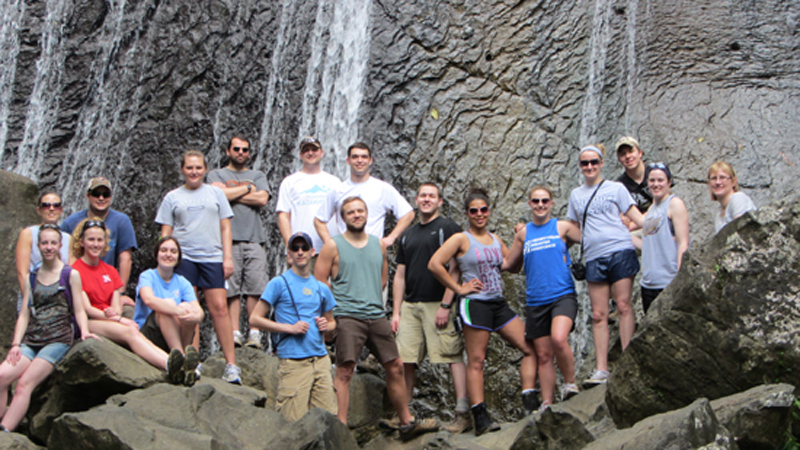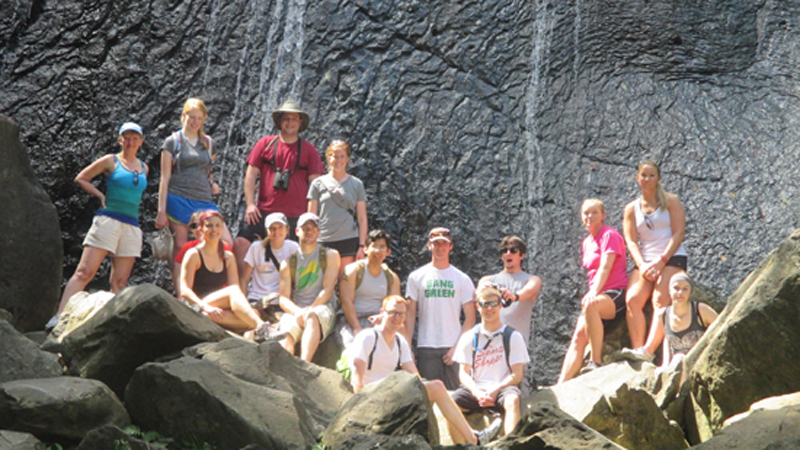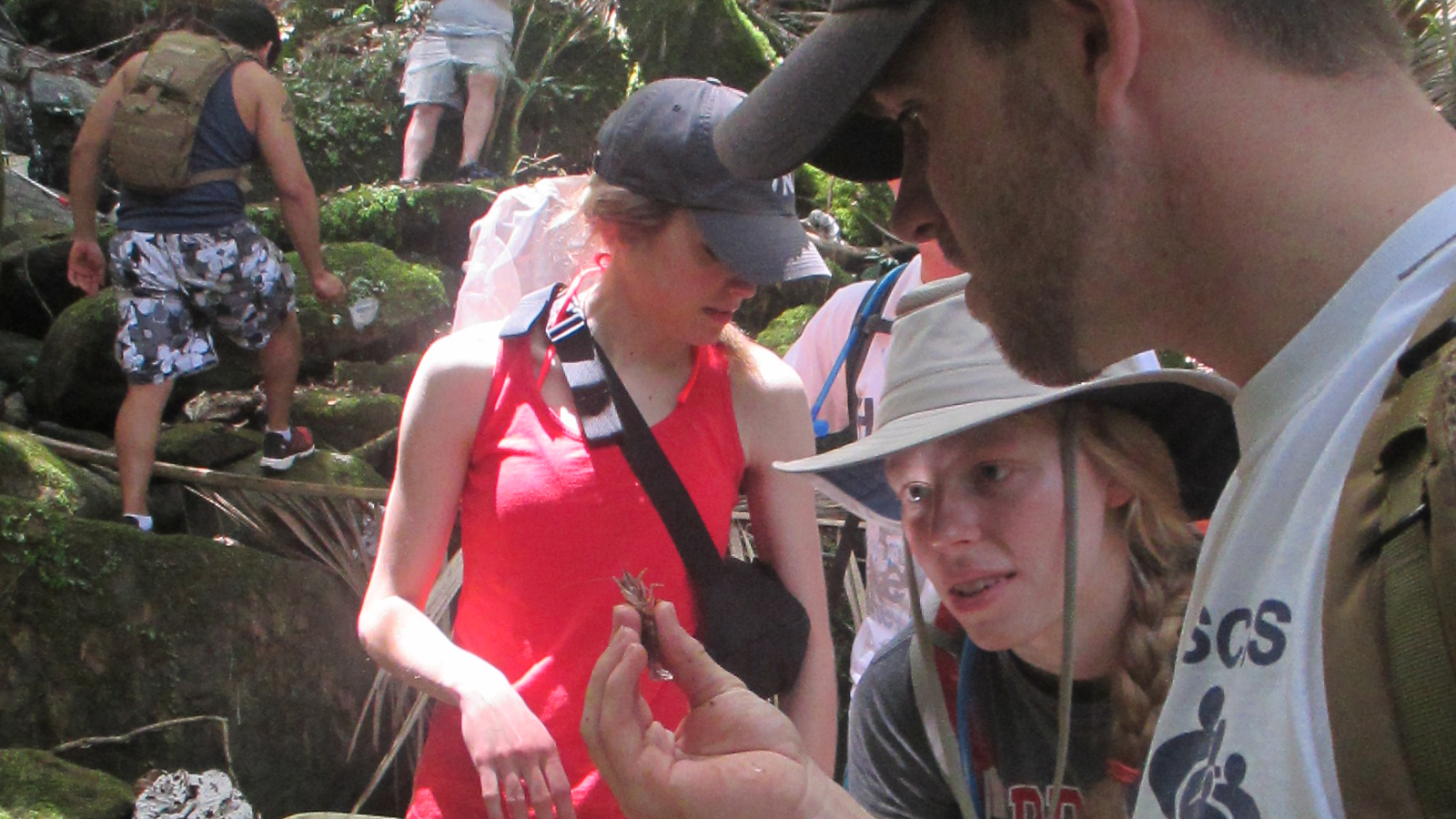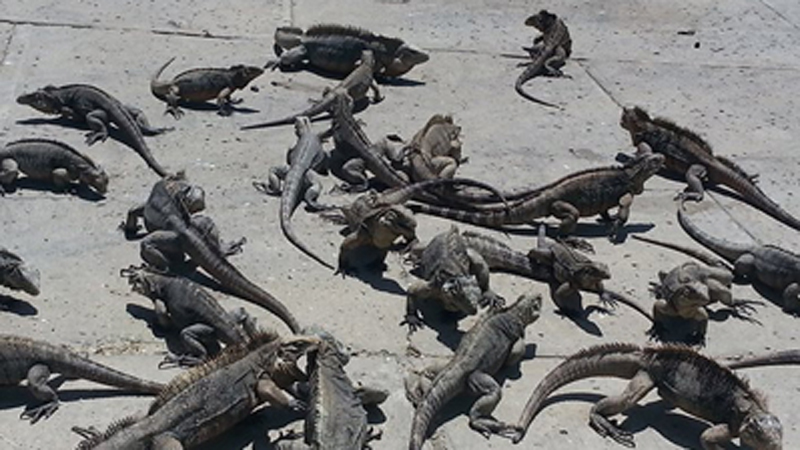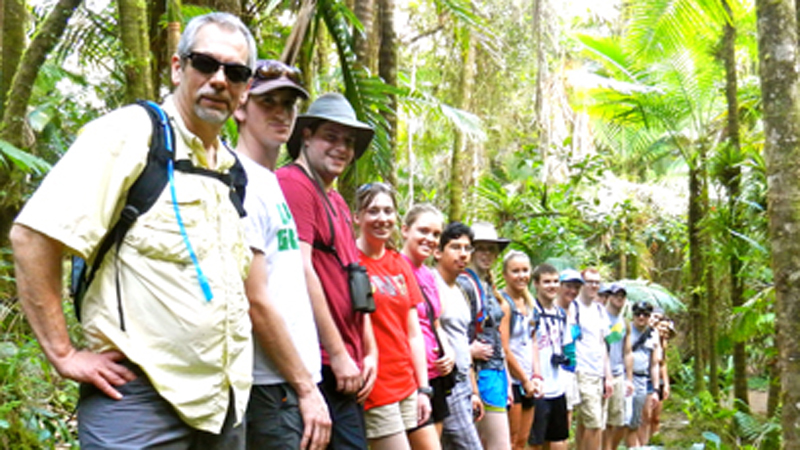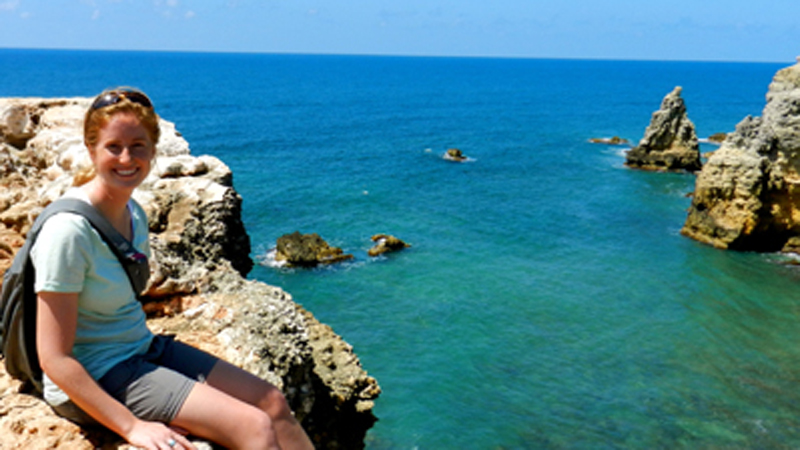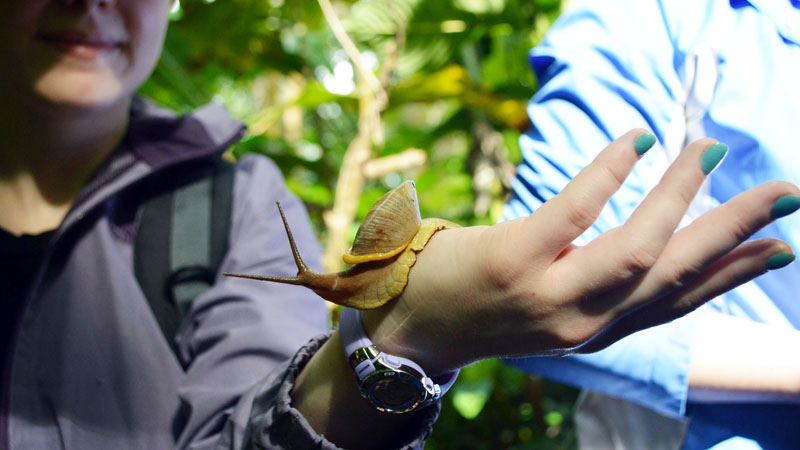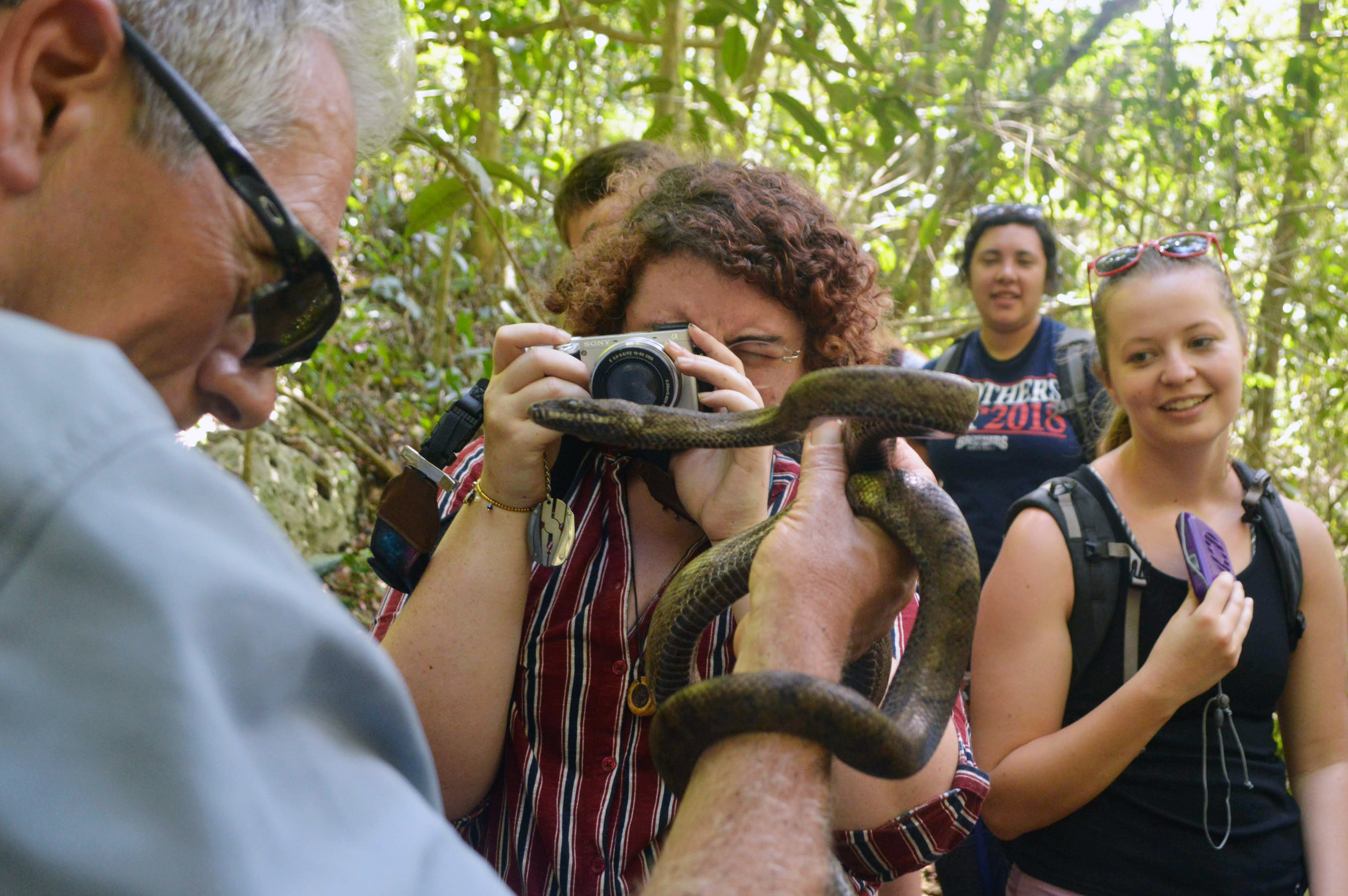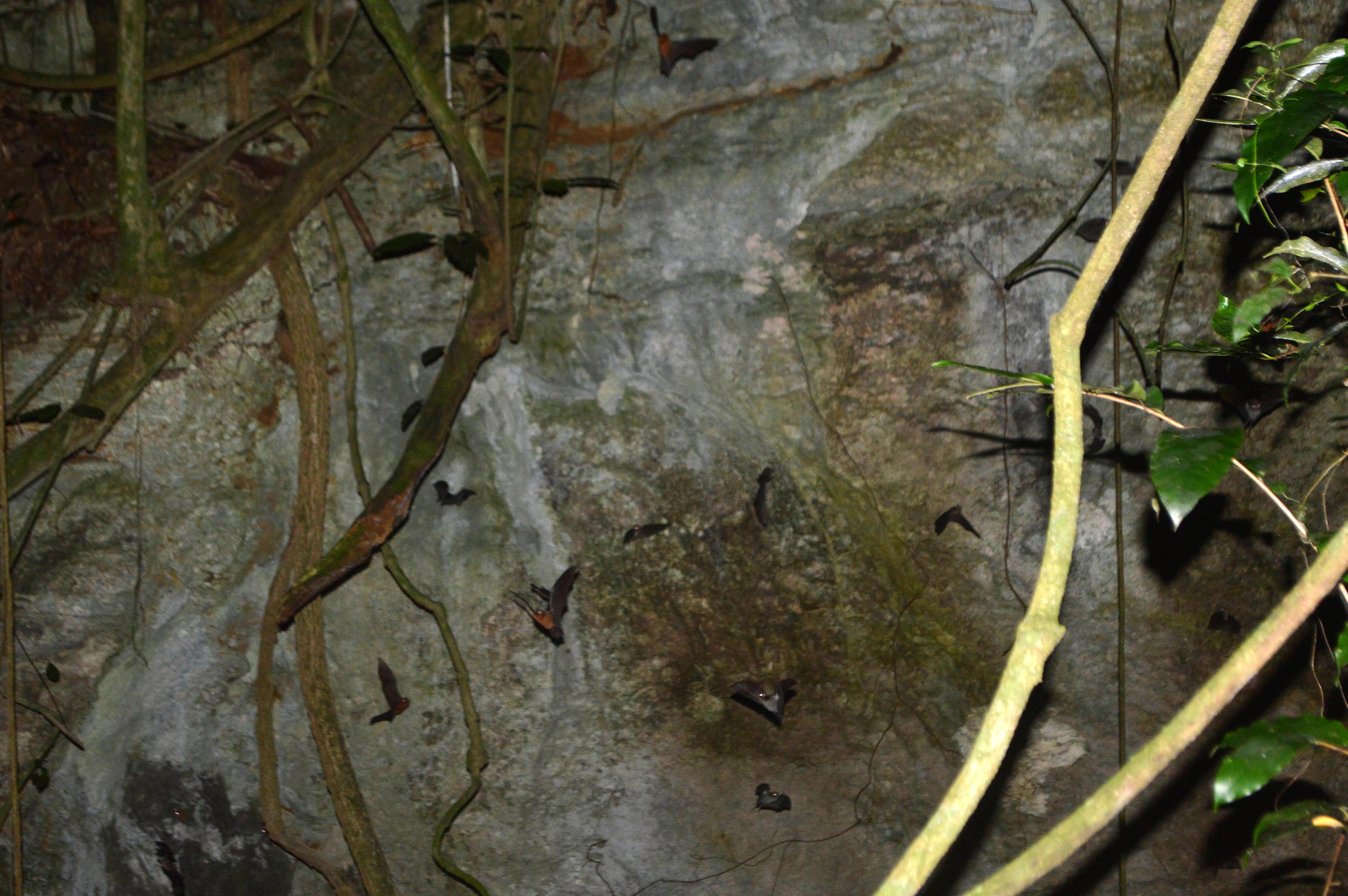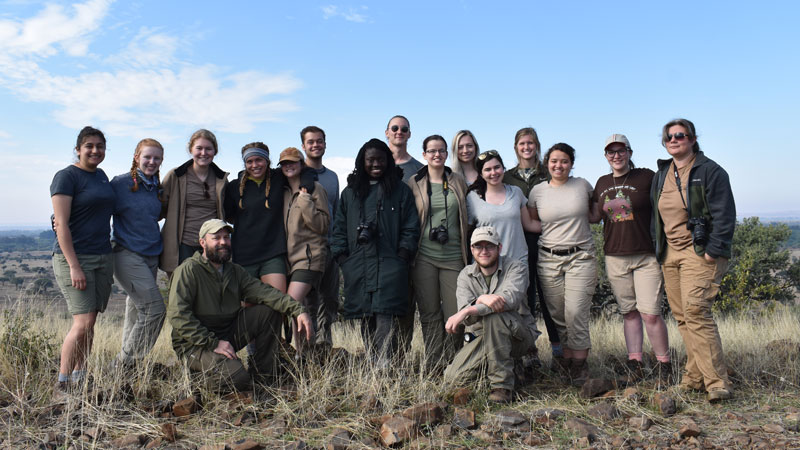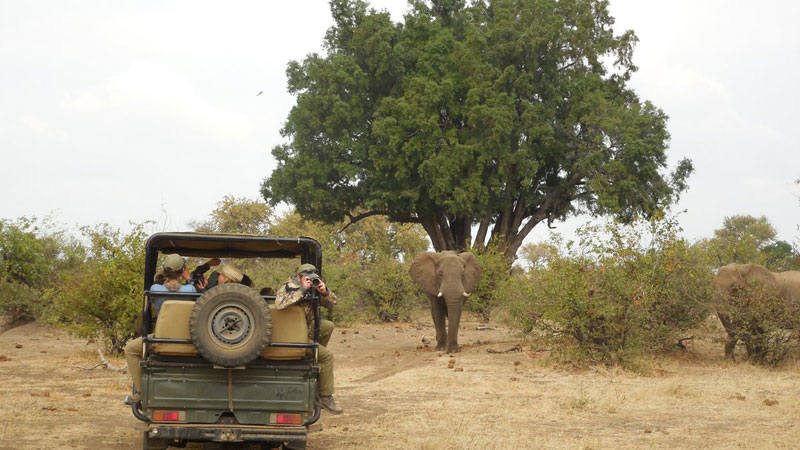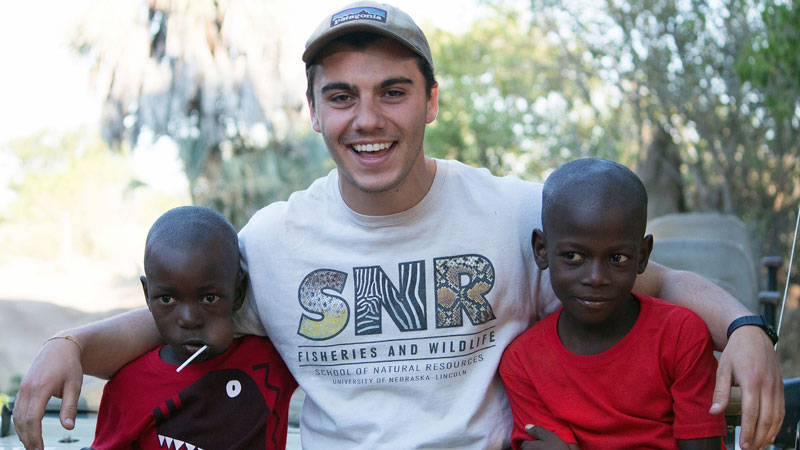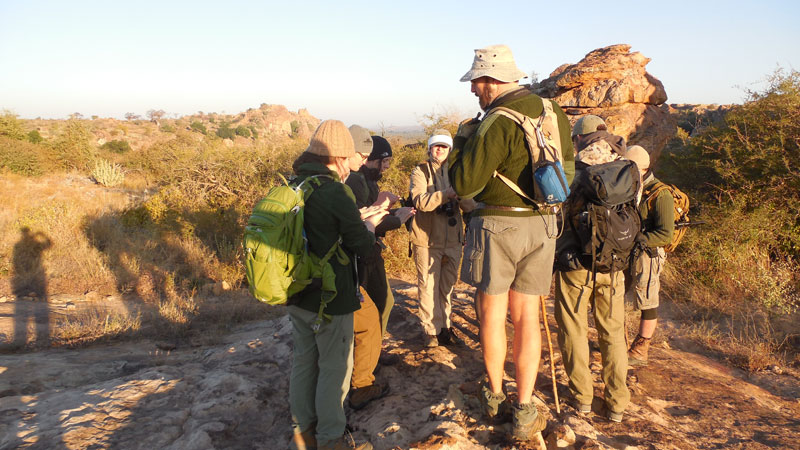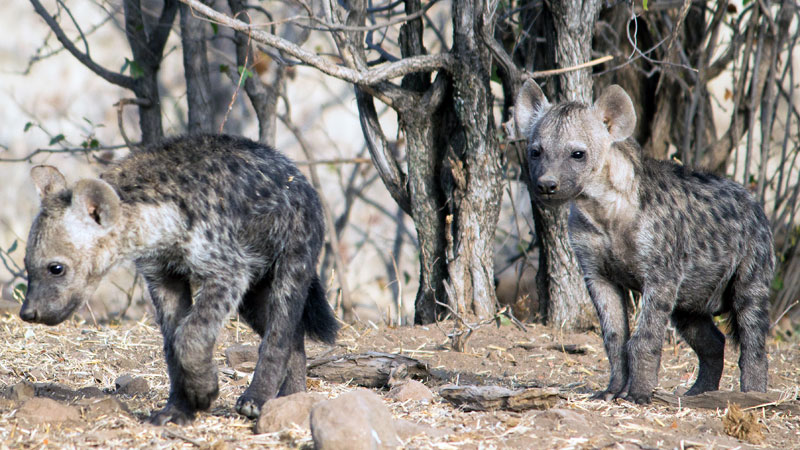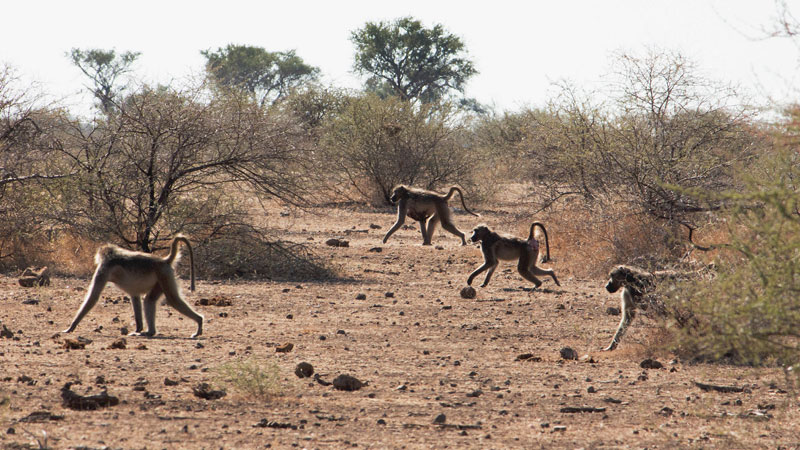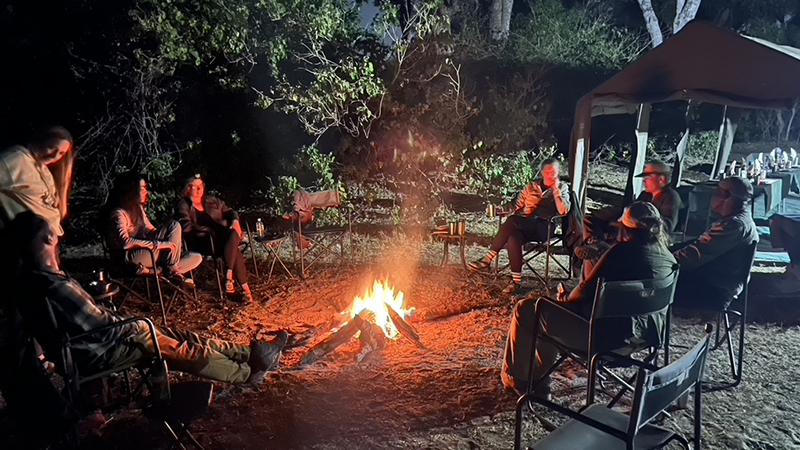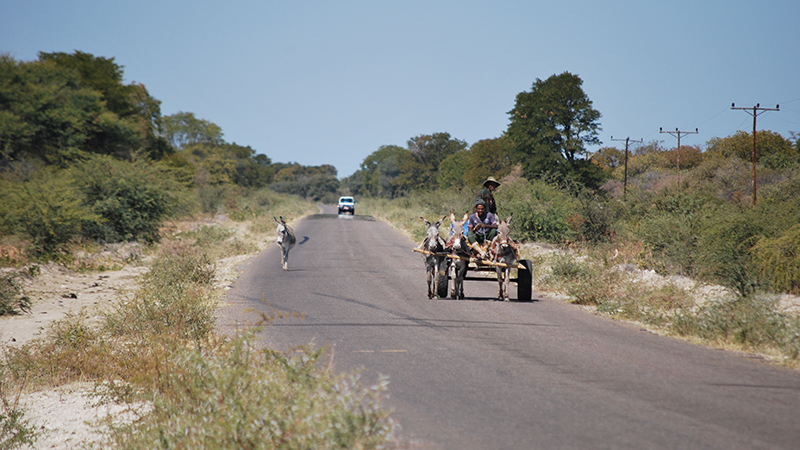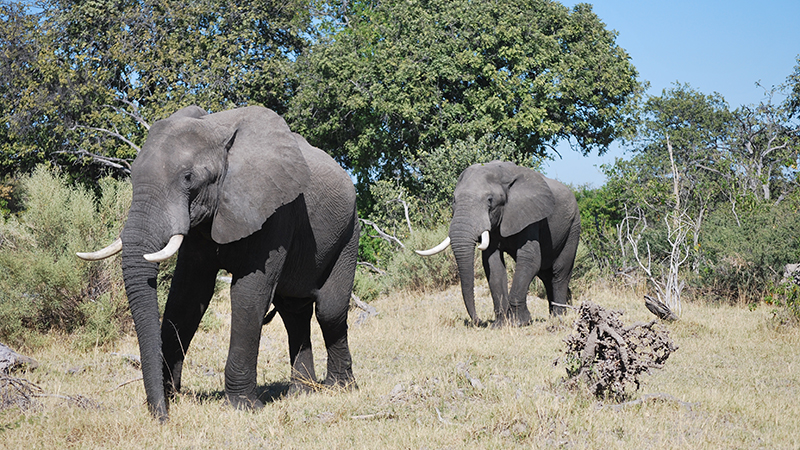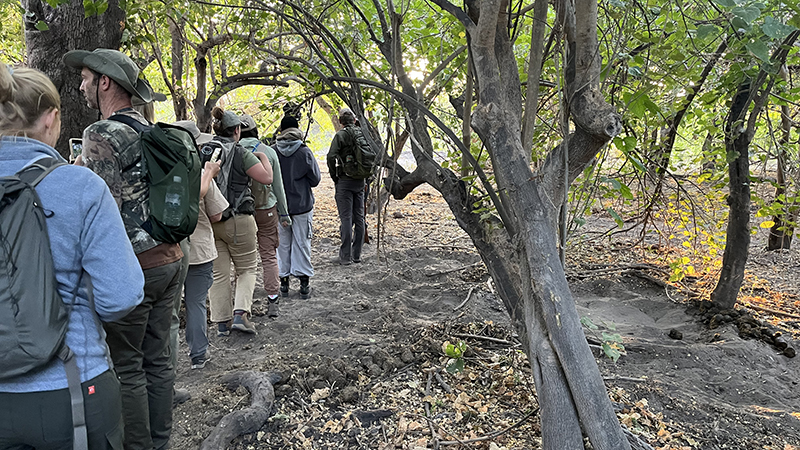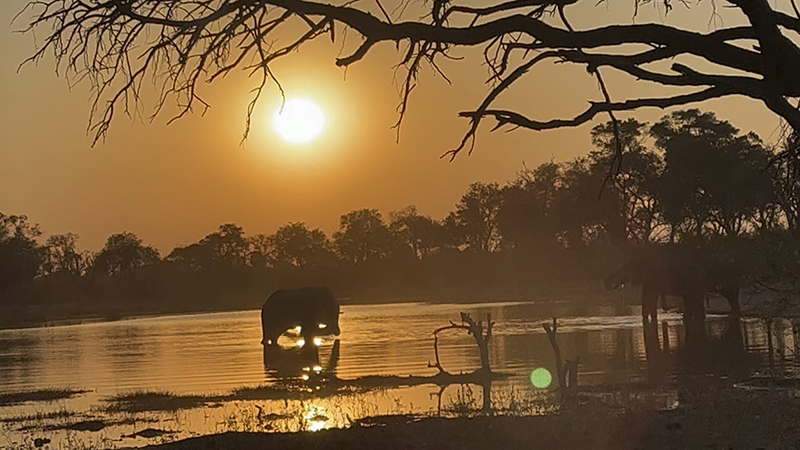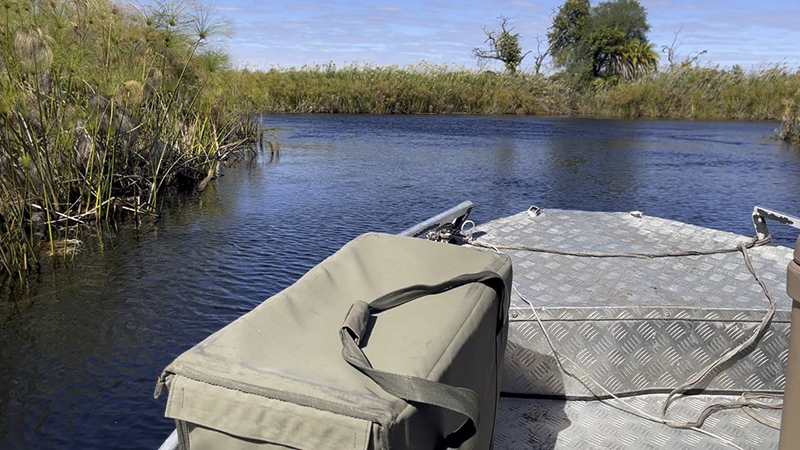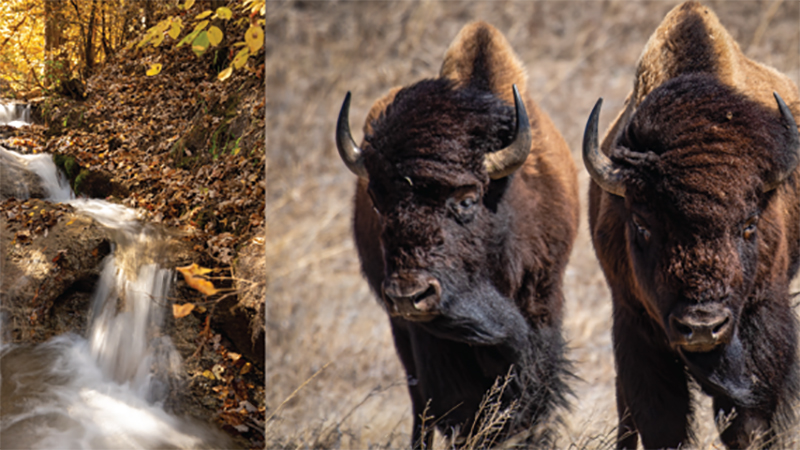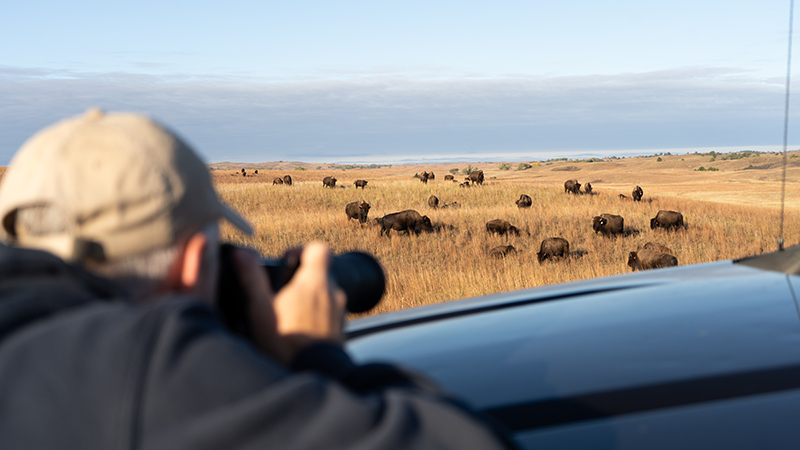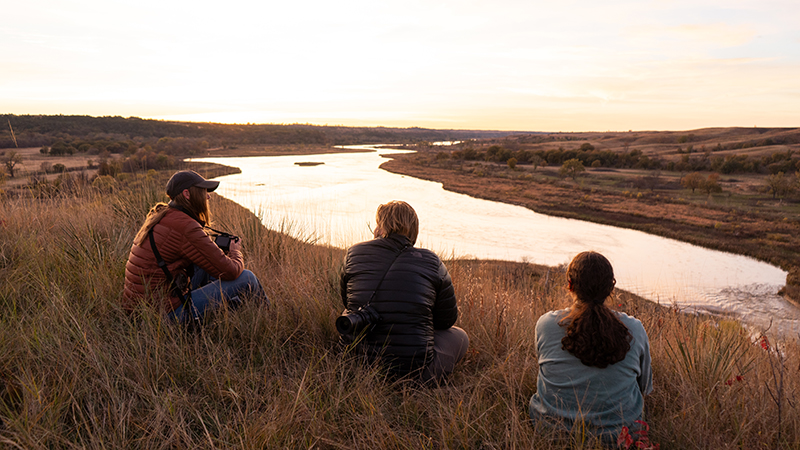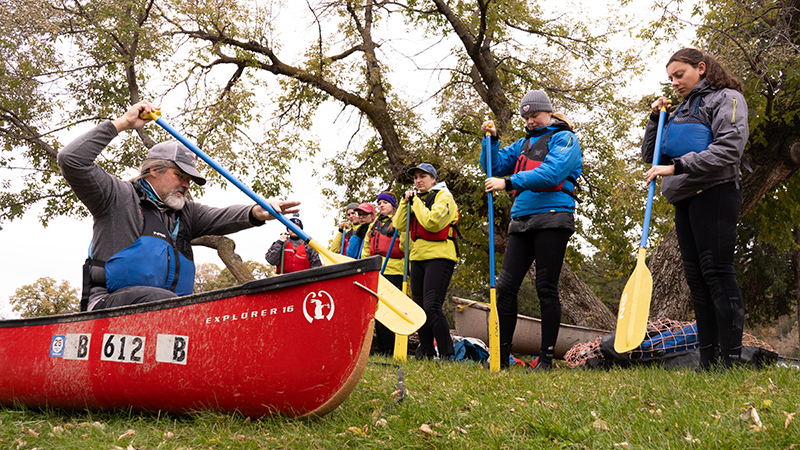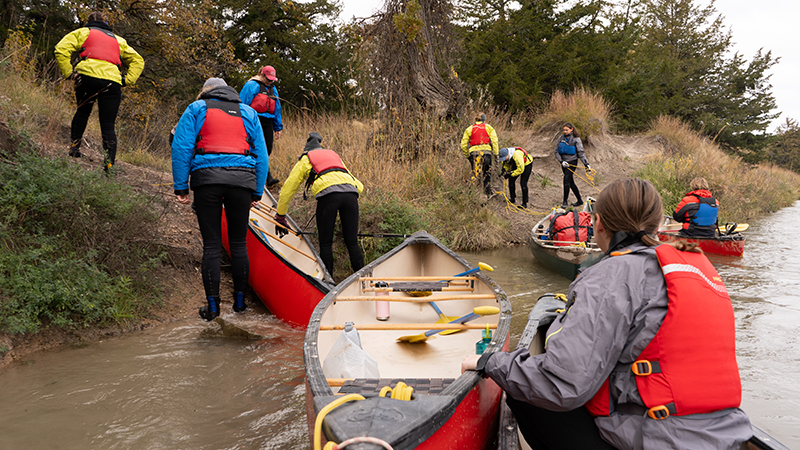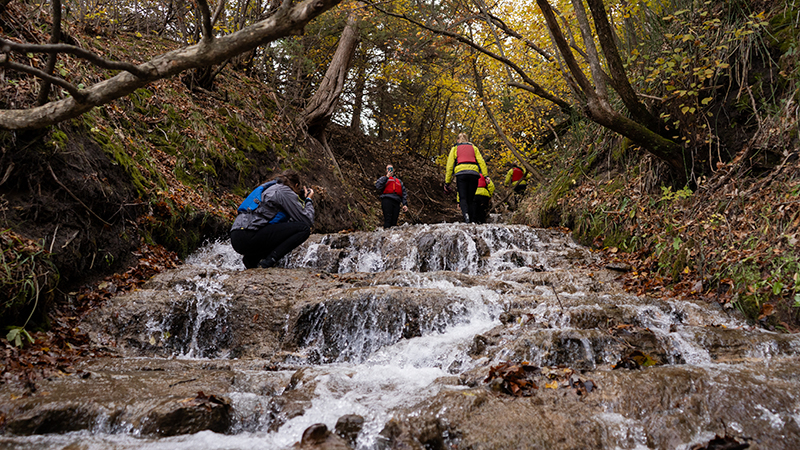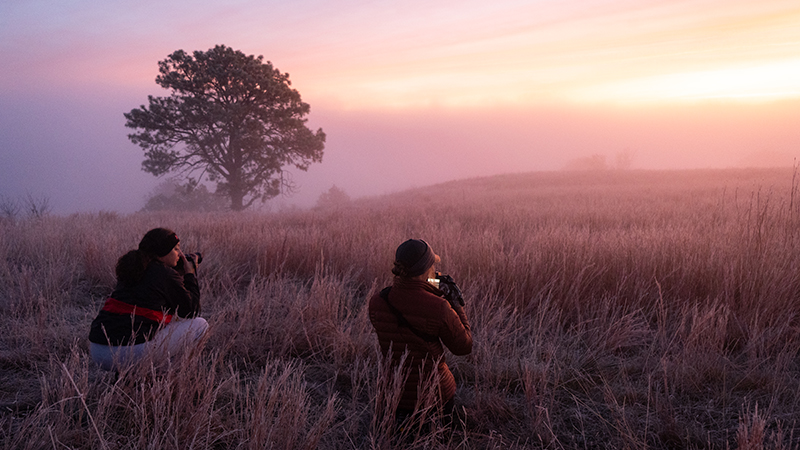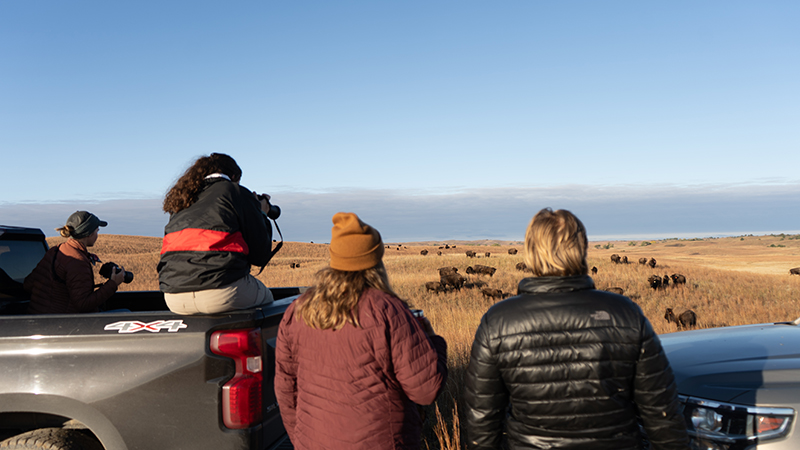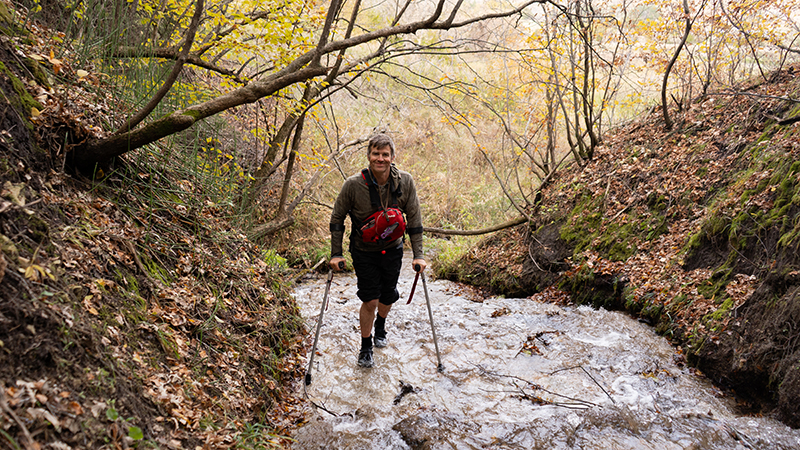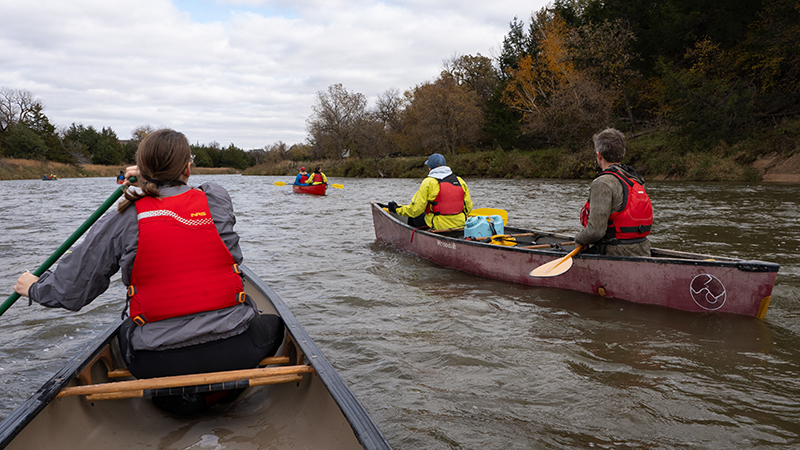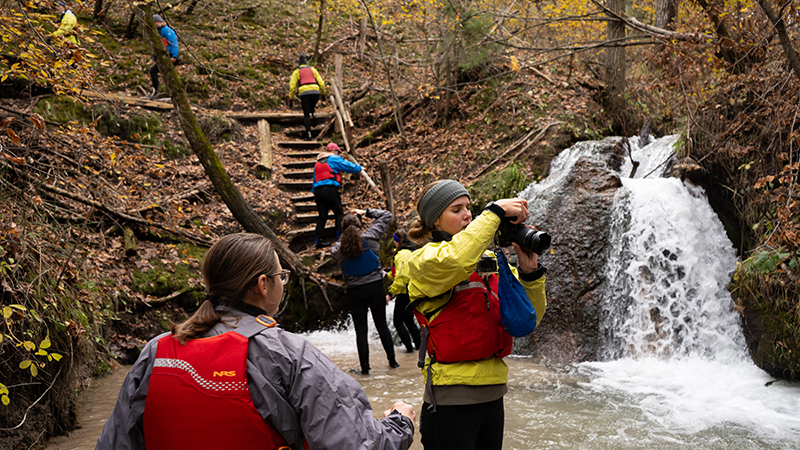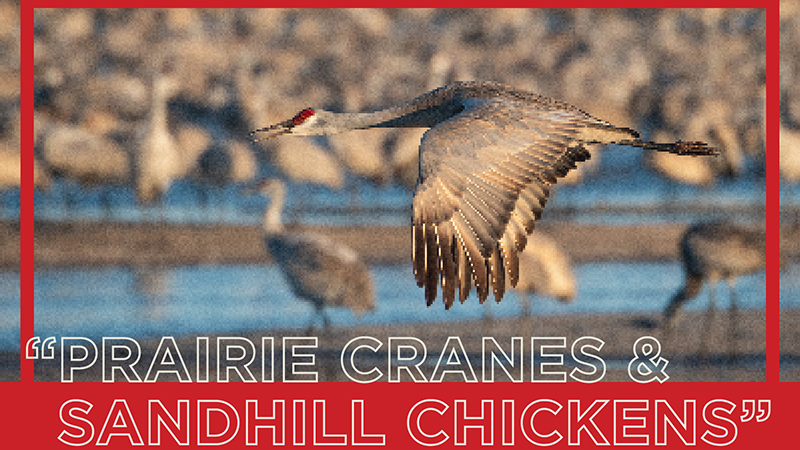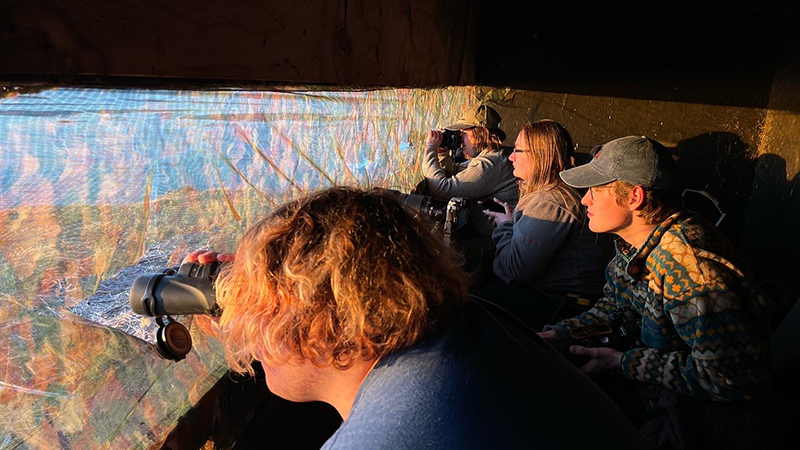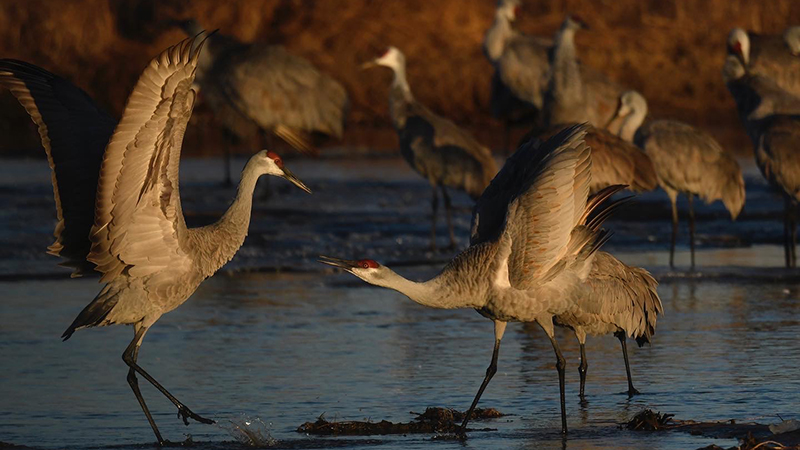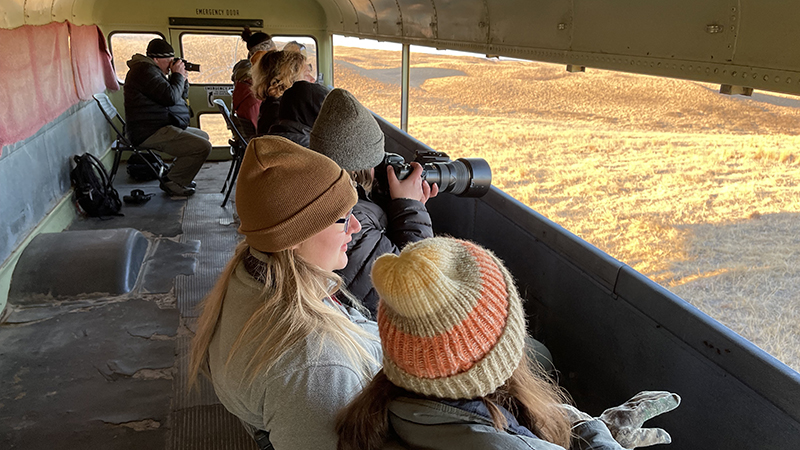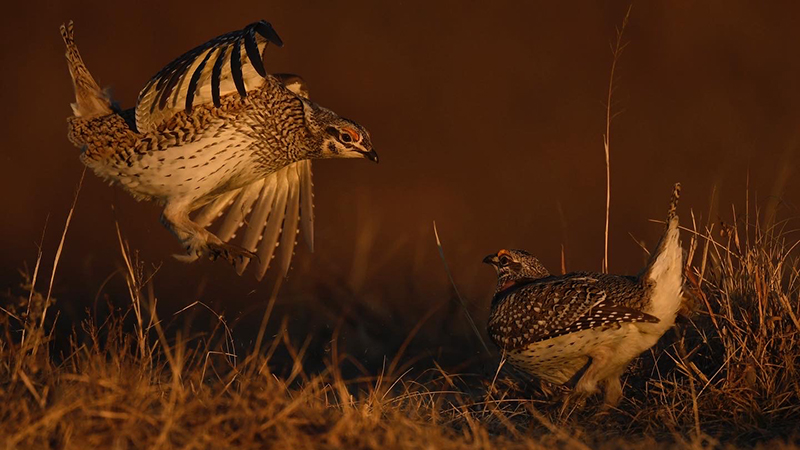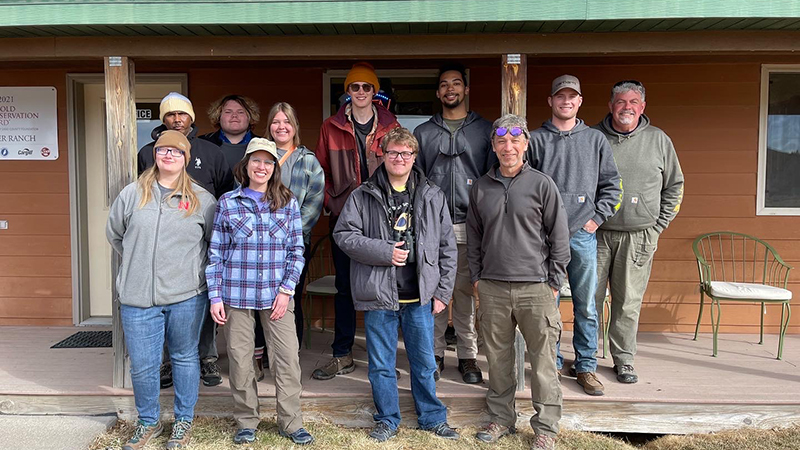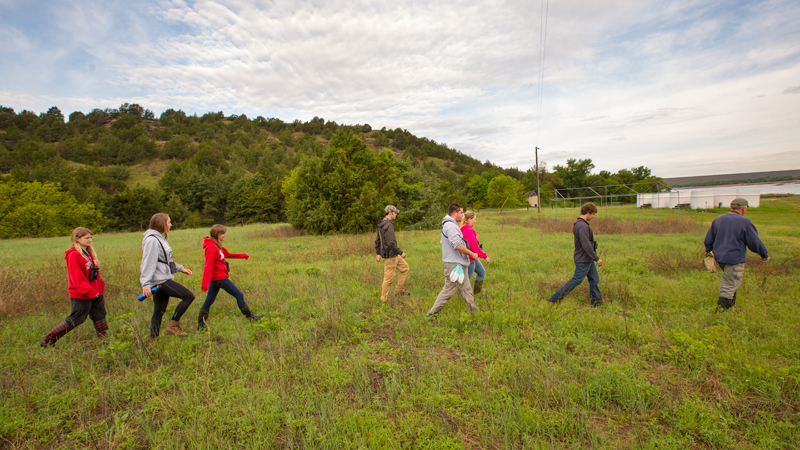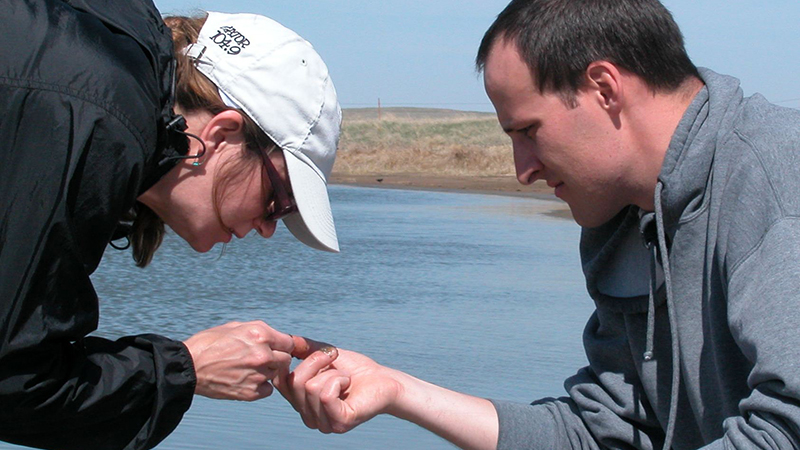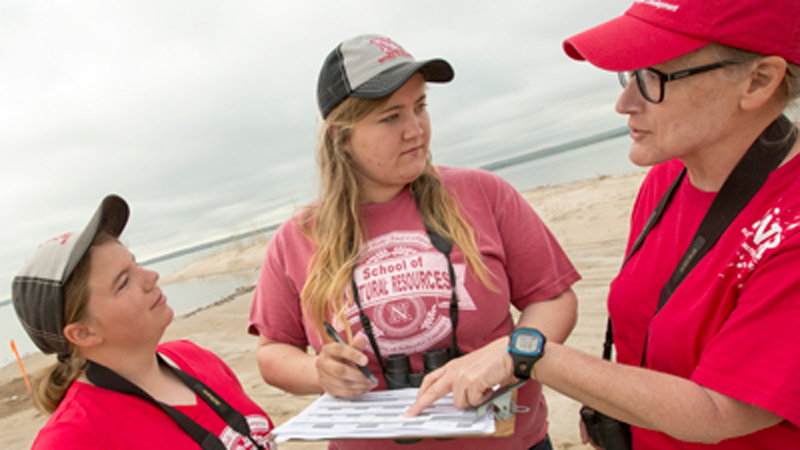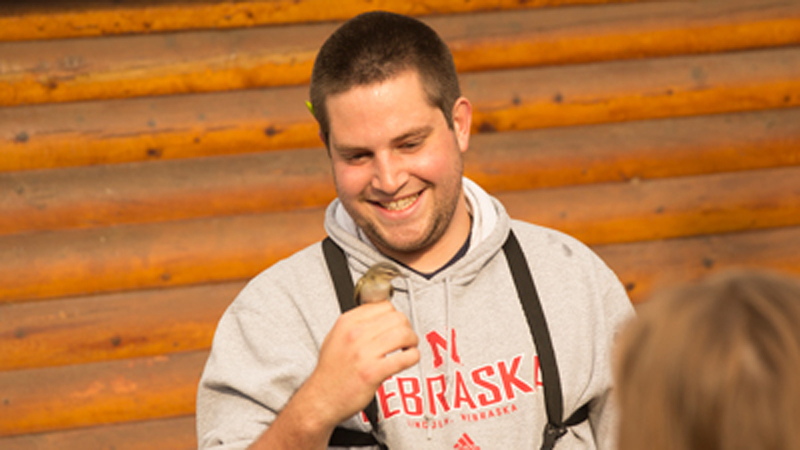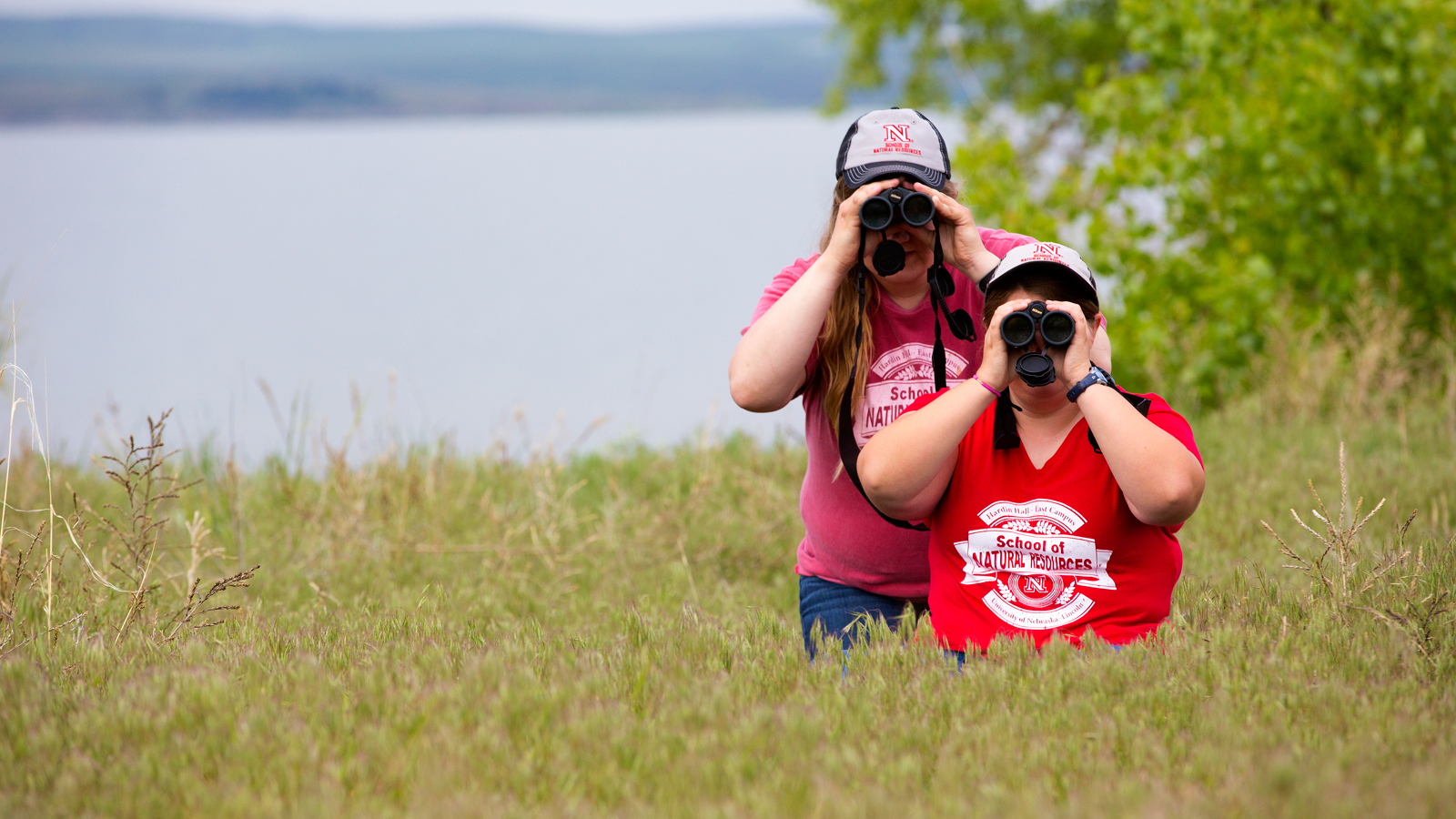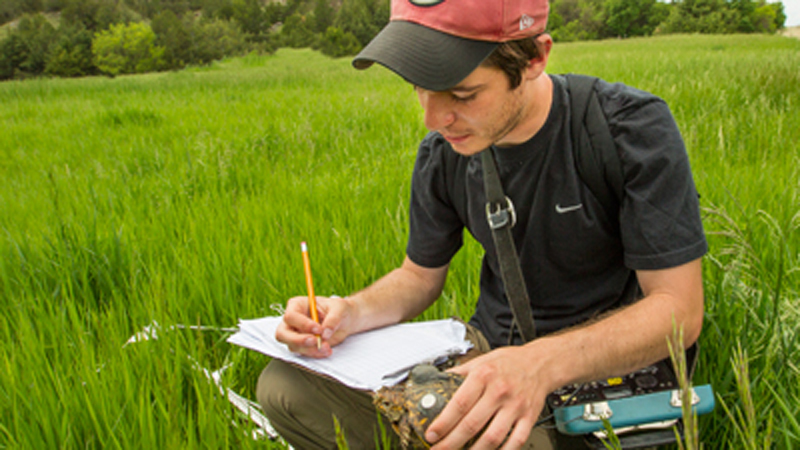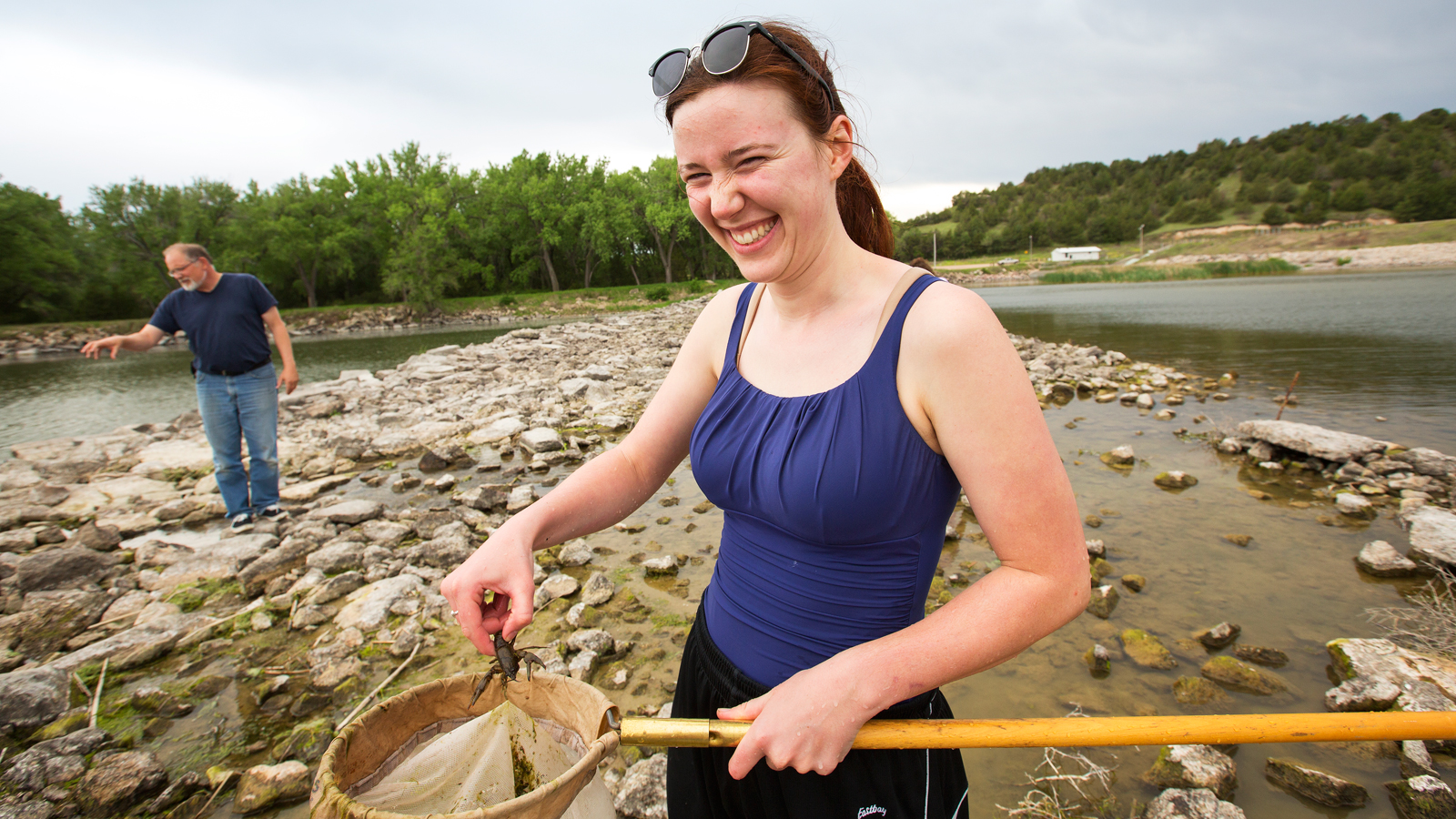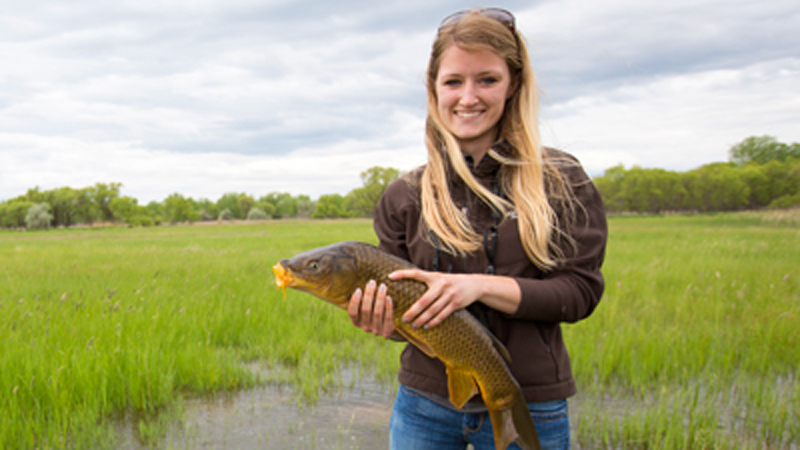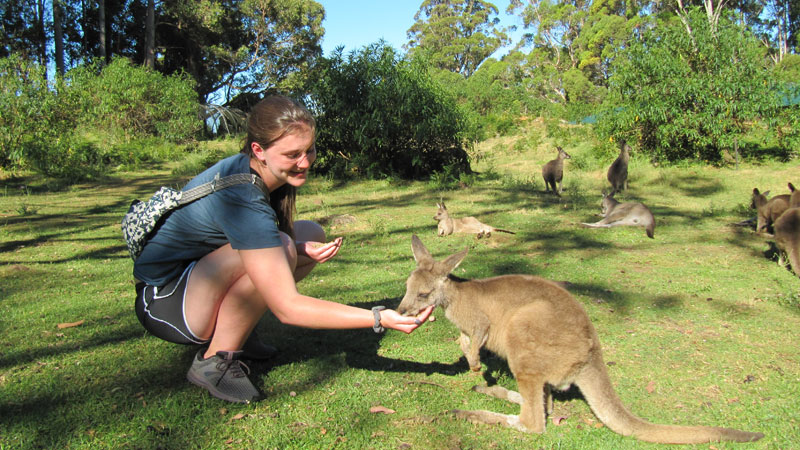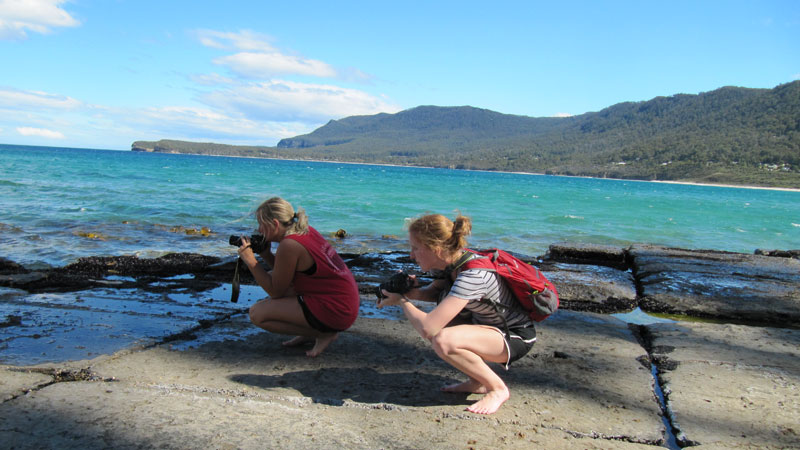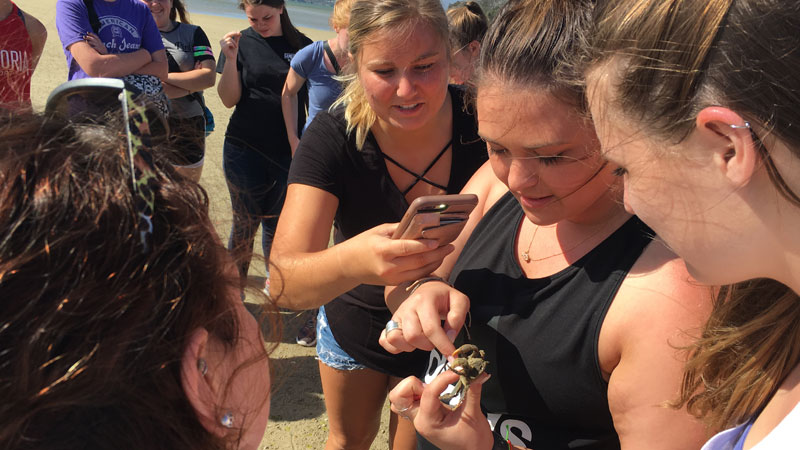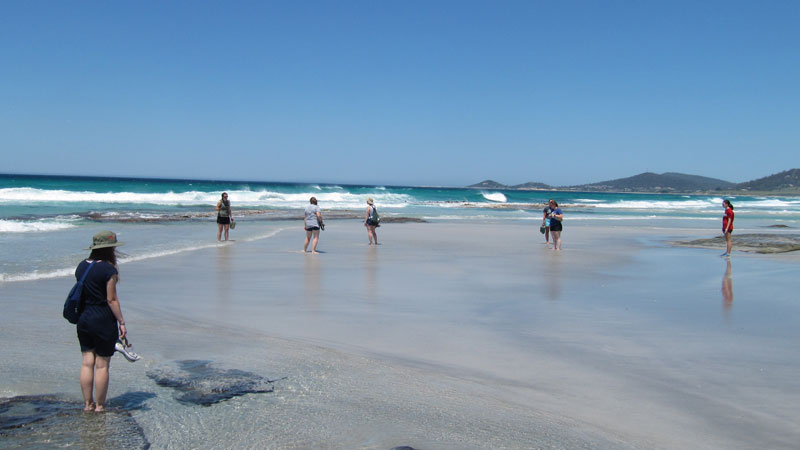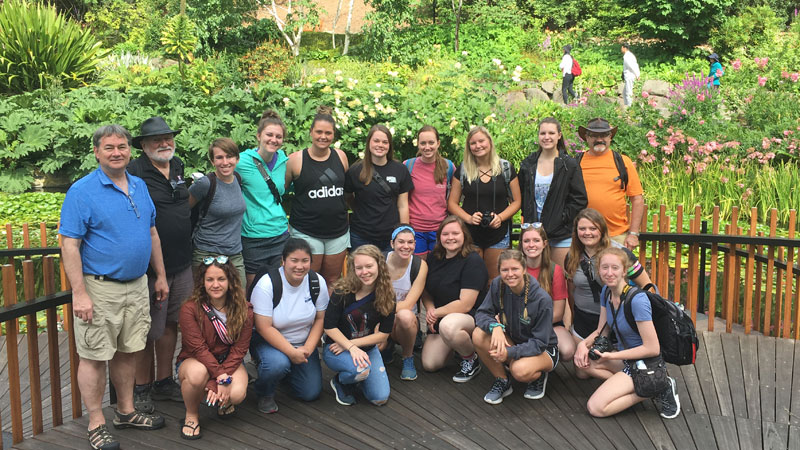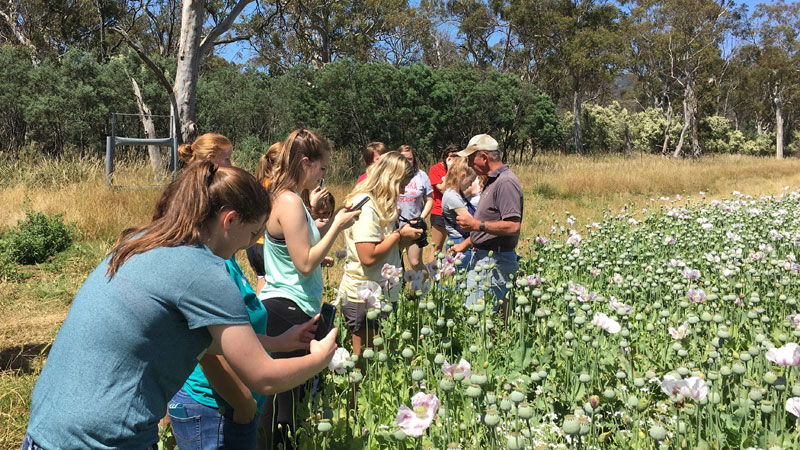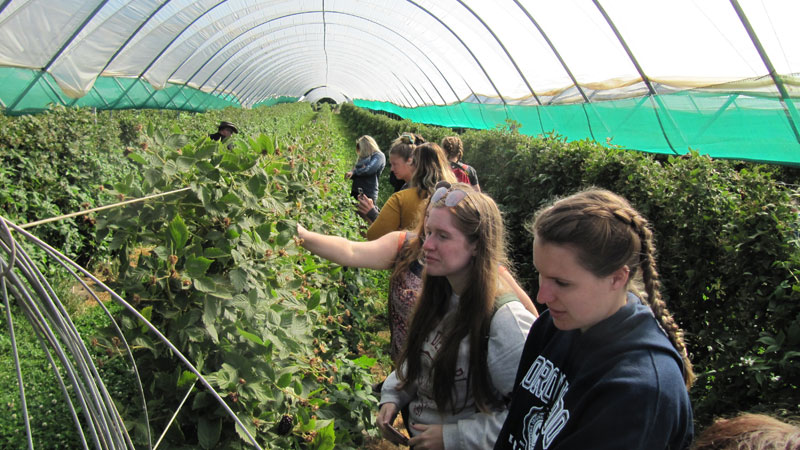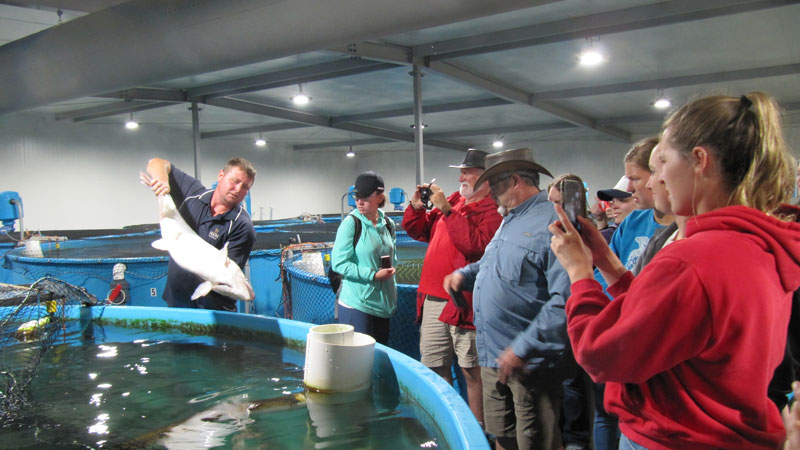The School of Natural Resources offers many opportunities for studying aboard and domestically. Some trips are offered each year. Some are offered in alternating years. Some require the participant to submit an application of why they want to go and other are for credit classes. Discover where you can go!
Bahamas: Marine Ecology
Explore tropical marine ecosystems for a week and gain hands-on field experience at the Bimini Biological Field Station in South Bimini, the Bahamas.
Trip Leader: Rene Martin
May 17 - 24, 2026
Student Stories
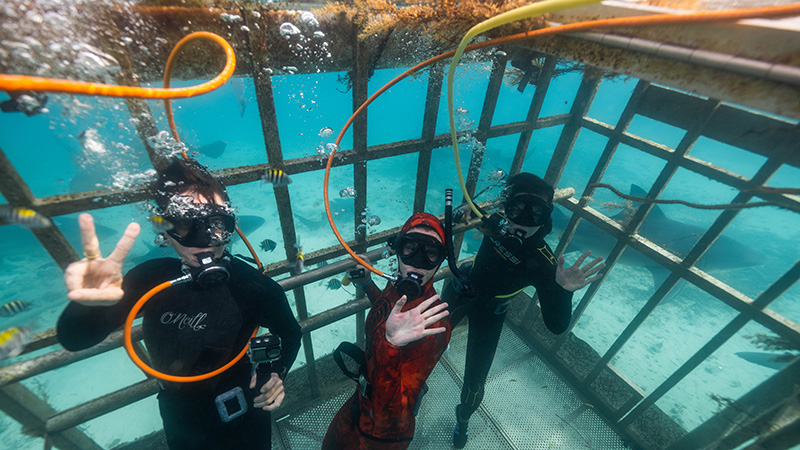
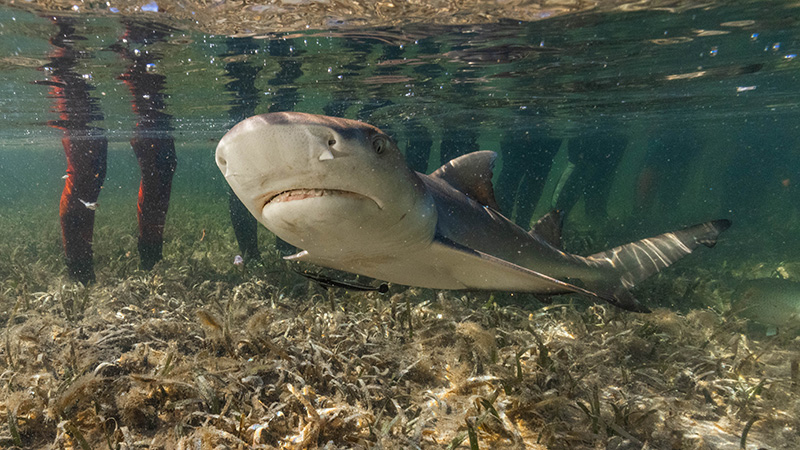
Namibia - Southern African: Wildlife Conservation
Discover and learn about the variety of ecosystems found in this southern African country. Visit landmarks like Etosha National Park, where students can see elephants, zebras and other large animals. Along the Namibian coast, students can sightsee as seals and whales swim in and near harbors.
Co-Leaders: Lindsey & Chris Chizinski
May 12 to June 4, 2026
Student Stories
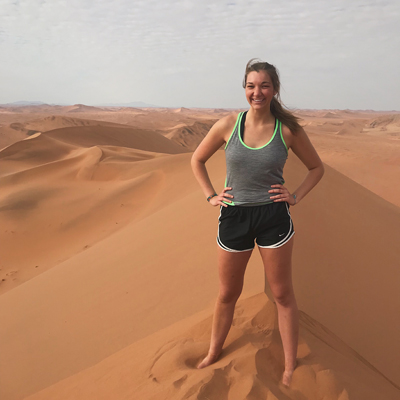
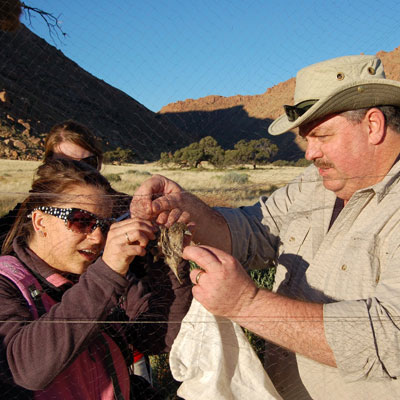
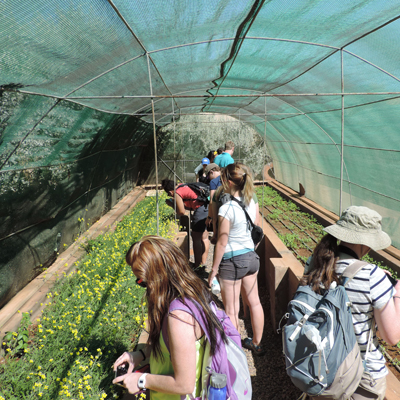
Faculty Stories
Larkin Powell's Youtube Channel
Visit Larkin Powell's Youtube channel about his trips to Namibia guiding students on study abroad trips.
Puerto Rico: Tropical Ecosystems
Fields of Study: Tropical Ecology
Program Highlights: Students will have the opportunity to experience the rain and dry forests, snorkel on a tropical reef and bioluminescent bay and explore the tropical rivers, underground caves and beaches of Puerto Rico. They will also visit research stations and interact with locals while observing the components of tropical ecosystems on a major island system.
Trip Leader: Dennis Ferraro
March 11 - 20, 2026 (Spring Break)
Southern Africa: Wildlife Conservation
Spend a month camping in the South Africa bush learning about the national history of the bushveld. The Makuleke Concession of Kruger National Park represents the diversity of modern conservation issues in Africa with enormous numbers of wildlife that conflict with local villages and agriculture. Students in the course will experience phenomenal wildlife and learn about the challenges South Africa faces during this period of rapid change.
Trip Leaders: John Carroll & Lord Ameyaw
May 23 to June 23, 2026
Student Stories
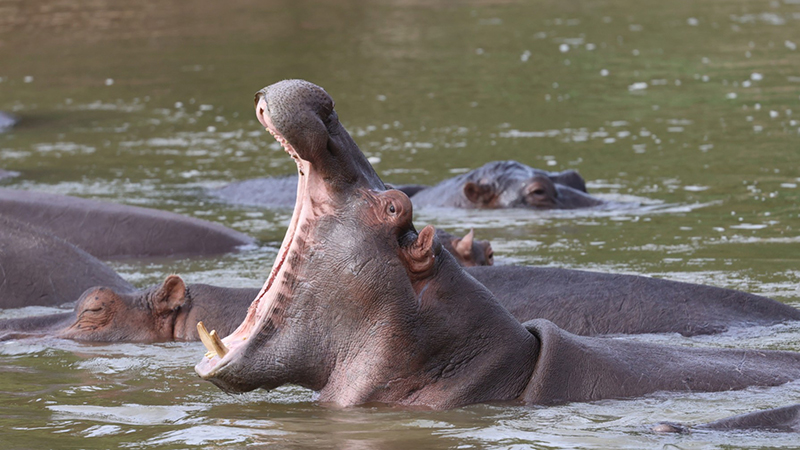
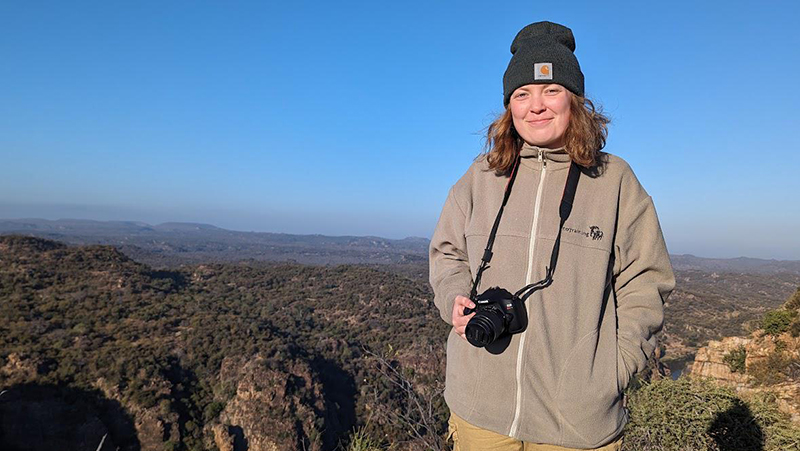
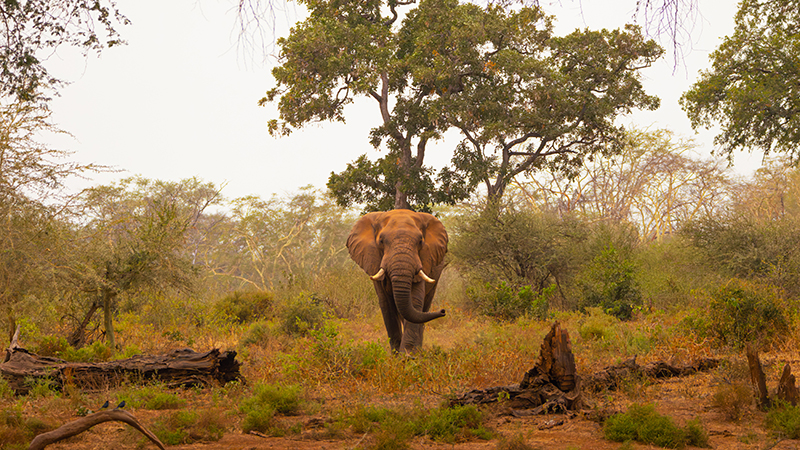
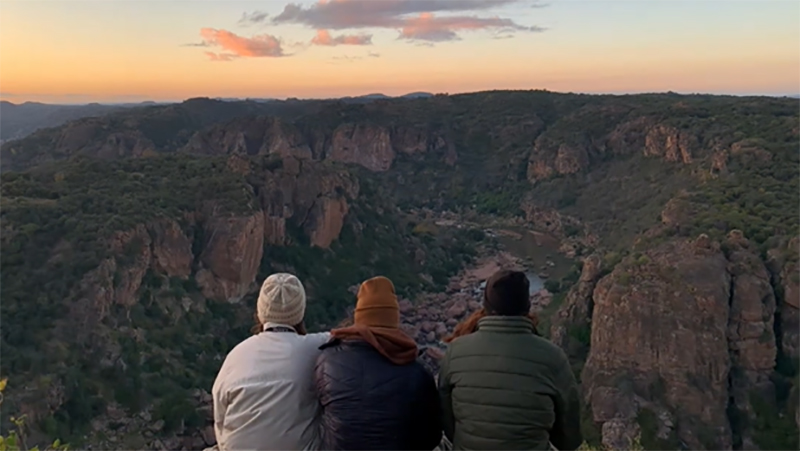
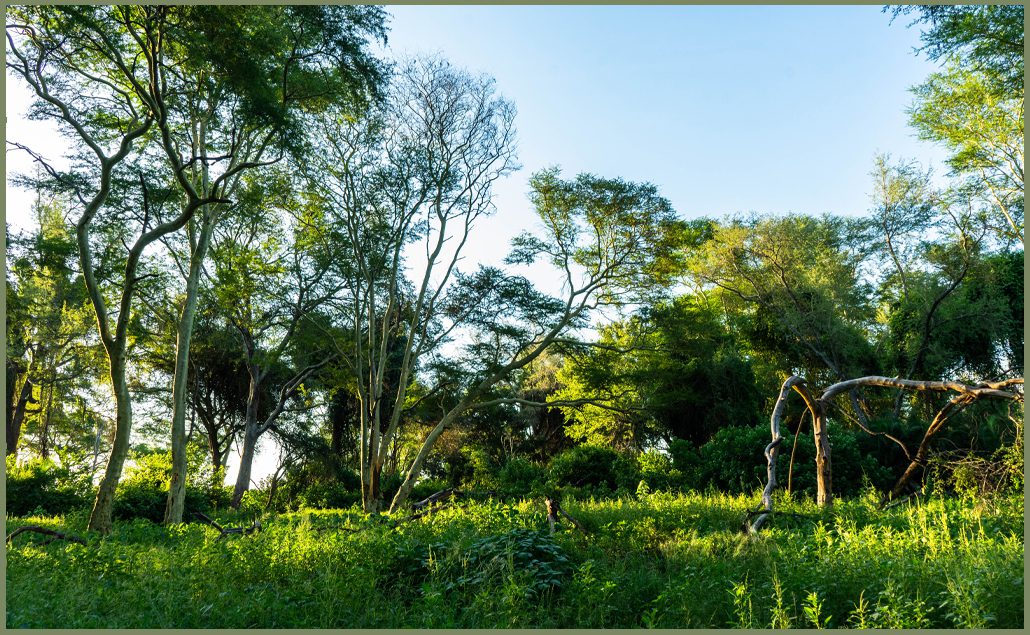
Botswana: Wilderness in the 21st Century: Okavango Delta
This class will explore the concept of wilderness with a particular focus on how wilderness is impacted by human behavior and social structures (culture, laws, economies of tourism, farming, industry, etc.). We will explore topics related to a specific wilderness area – the Okavango Delta in rural Botswana – as a case study to consider wilderness in the 21st century. In doing so, we will utilize social science-based research approaches and theories to understand the range of ways human interaction with the Delta impacts it as a wilderness area.
Trip Leaders: Gwendŵr Meredith & John Carroll
August 2027
- Understand the multiple definitions of wilderness
- Articulate the evolution of ‘wilderness thinking’ through the lens of different cultures
- Critically reflect on complex socio-ecological problems in ‘wilderness’ contexts, globally
- Learn more from your experience through guided critical reflection
- Maximize your experience with assignments designed to help you identify ways to take initiative
- Cultivate the skills most sought by 21st century employers (hint: they're outlined in our learning outcomes)
- Draw connections between your experience and what you're learning in the classroom through intentionally crafted assignments
- Gain practice articulating the value of your experience and end the course with a tangible product (your final project) that showcases what you've learned
Learning Outcomes
- Understand the multiple definitions of wilderness
- Articulate the evolution of ‘wilderness thinking’ through the lens of different cultures
- Critically reflect on complex socio-ecological problems in 'wilderness' contexts, globally
Student Stories
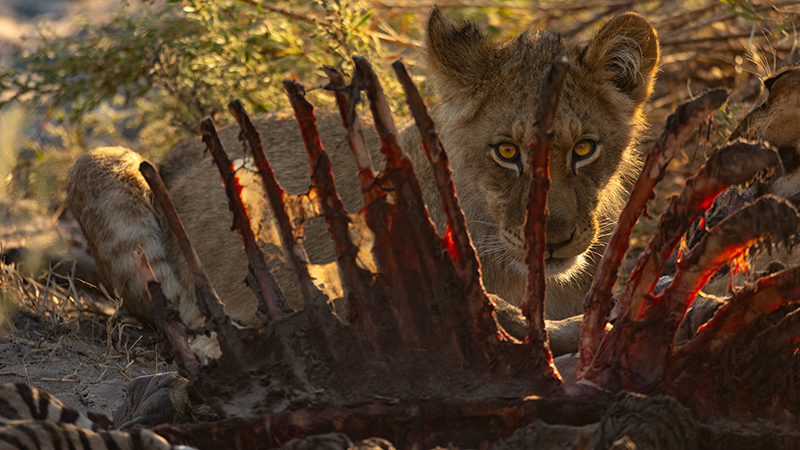
Nebraska: Bison & Waterfalls
This trip will provide experiences paddling the Niobrara, waterfall hikes, and bison and grassland tours with a focus on how conservation organizations and private individuals work to conserve and manage this region of Nebraska and the species that live within it. Students will network with stakeholders and develop an awareness for the influence of culture, politics, economics, and history in natural resource management and use.
This trip is limited to 12 students.
Contacts: Carlee Moates, Michael Forsberg and Jordan Messerer
Fall Break (October 17-21, 2025)
Information Meeting: September 9, 2025 @ 5 pm in 163 North Hardin Hall
Nebraska: Prairie Cranes & Sandhill Chickens
This study tour ventures into the Platte River and Sandhills regions of Nebraska during Spring Break. The course will provide experiences in blinds with sandhill cranes and greater prairie-chickens, with a focus on how conservation organizations and private individuals work to conserve these critical species and their landscapes in Nebraska. Students will network with stakeholders and develop an awareness for influence of culture, politics, economics, and history in natural resource management and use.
This trip is limited to 12 students.
Contacts: Carlee Moates, Michael Forsberg and Larkin Powell
Spring Break (March 14-19, 2026)
Information Meeting: September 9, 2025 @ 6 pm in 163 North Hardin Hall
Cedar Point: Right in our "backyard"
The University of Nebraska's Cedar Point Biological Station (CPBS) is a field research facility and experiential classroom. CPBS is located off campus in western Nebraska, near Lake McConaughy and the city of Ogallala. The station sits in the heart of the western high plains near the juncture of tall grass and short grass prairie, on the south edge of the Sandhills and the North Platte River valley. The success of the Cedar Point Experience draws on the wide variety of local habitats with an abundance and diversity of flora and fauna.
Why Should I Enroll in a CPBS Course?
- You'll get to visit the beautiful Nebraska Sandhills!
- You'll have the opportunity to live in rustic cabins by serene Lake Ogallala.
- Class are less lecture-based and more field-based, so you spend most of your days (and sometimes nights!) outside delving into field science!
- Relationships with students, TAs, and professors form fast and strong.
- You get to eat three meals a day with science-minded people from undergraduates to well-known scientists where you can discuss ideas.
- Complete a 4 credit course in 3 weeks or 3 credit course in 2 weeks.
- It's a really amazing experience!
Classes taught at CPBS can include: Ornithology, Biology, Ecology & Evolution, Field Epidemiology, Ecological Issues in the Great Plains, and Literature & the Environment.
Australia: Managing Diverse Ecosystems
Immerse yourself in Australia's bountiful natural wonders while also learning about agricultural enterprises in the Down Under. For three weeks, students learn about Australia's wildlife conservation efforts, including those to save the endangered Tasmanian devil, while exploring food industries from vineyards and lavender fields to fisheries and oyster farms.
Trip Leader: Mark Burbach
Winter Break 2026-2027
Student Stories
